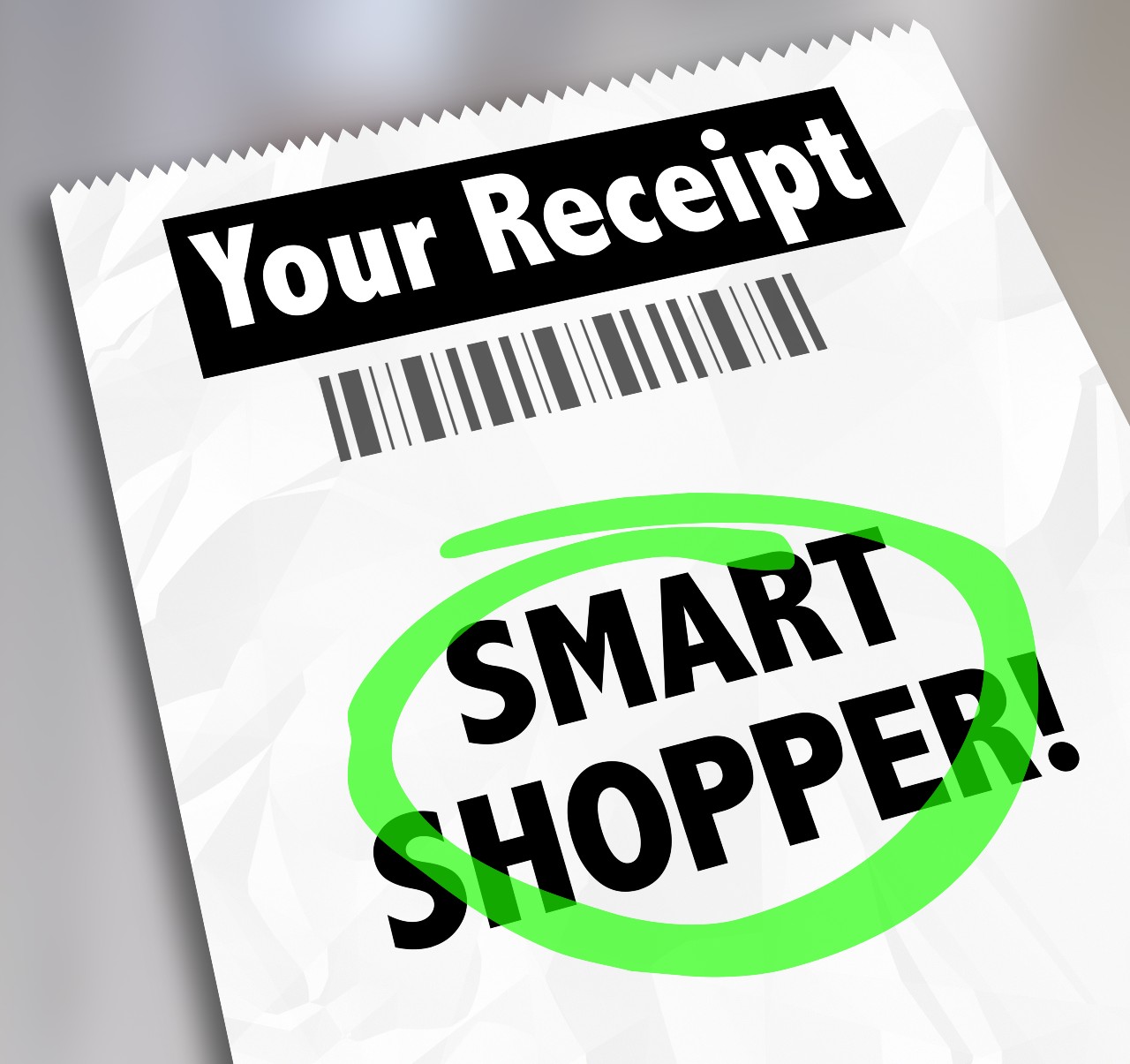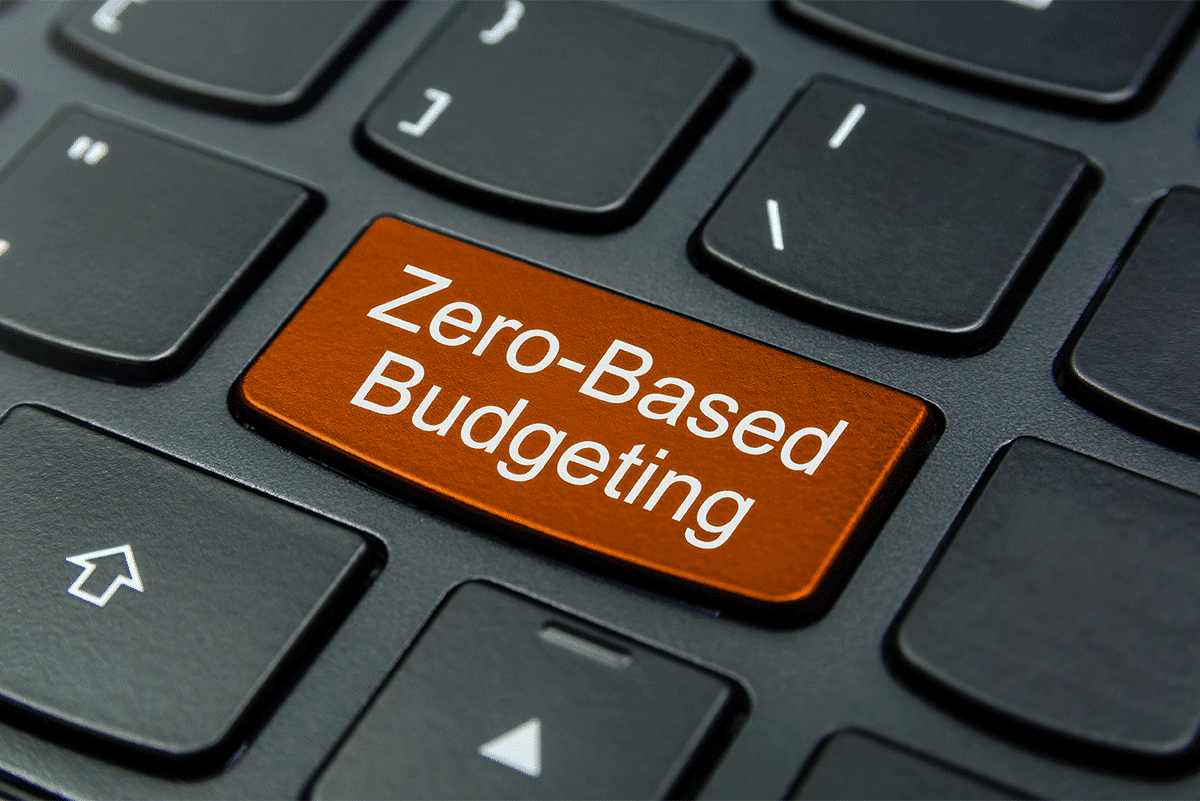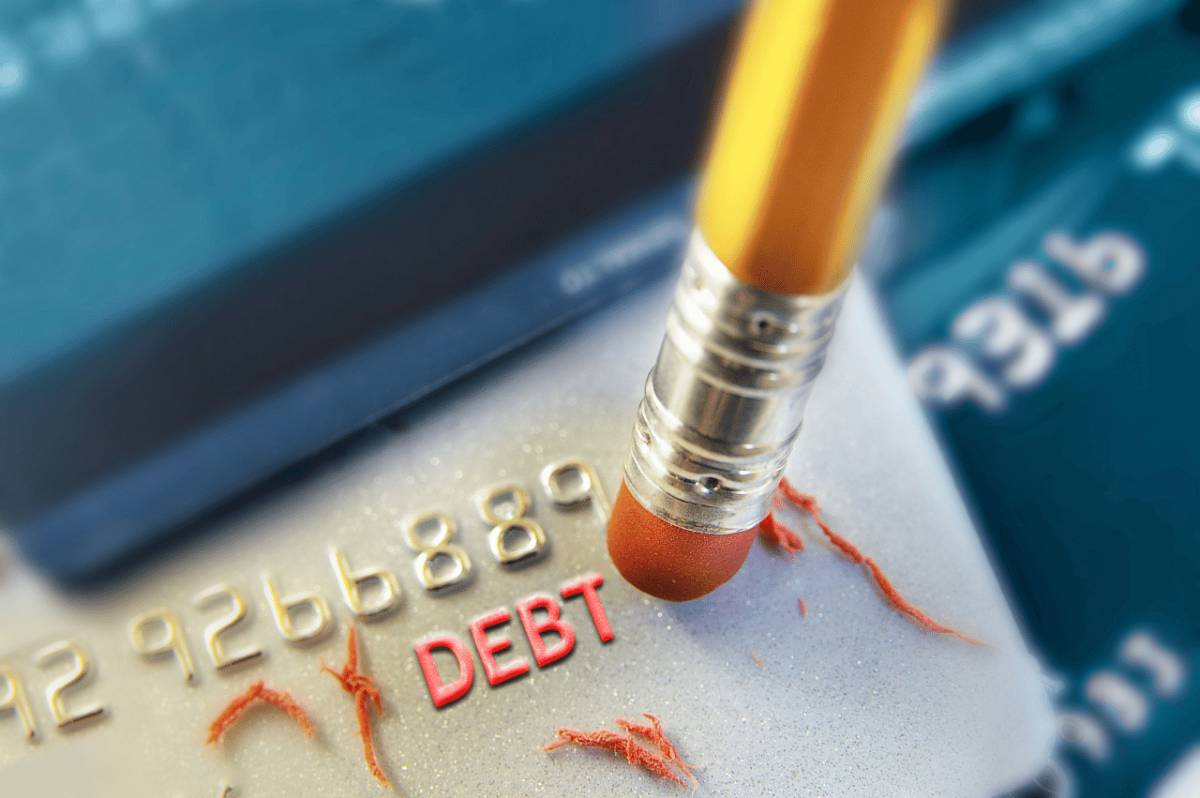Just the term “impulse spending” sounds like it will break the bank. The dictionary definition uses the word “unreflective.” Why’s that a big deal? Not thinking about the money you spend can get you into a lot of financial trouble. Sometimes, a little impulse spending can make sense as long as you still have control of your money. Of course, you want to limit the money you waste, but maybe all impulse spending isn’t all that bad.
What Are Impulse Purchases?
In the grand scheme of things, an impulse purchase is anything that falls outside your budget. If you didn’t plan the buy, it counts as an impulse. If you grab something that was not on your list at the grocery store checkout, that counts. Big purchases can count as impulses, too. Some people have even browsed the car dealership and ended up driving home in a new vehicle months before they planned to trade up.
More often, you see something on sale or decide to treat yourself with:
- Candy or gum
- Energy drinks and coffee
- Clothing
- Shoes
- Video games
- Candles
- Home improvement items
- Toys, especially when shopping with the kids
- Books and magazines
- Takeout or ordering in, especially when you’re tired and don’t feel like cooking
Some things can be hard to resist, especially little things. It’s only $2, we tell ourselves, why not?
Why impulse spending can be concerning
Impulse spending becomes concerning for two reasons.
Emotional – You end up feeling guilty after an impulse purchase. This can create a vicious cycle of retail therapy spending that can get out of control. Many impulse purchases make you feel good at the time, but leave you feeling bad at the end of the day.
Logistical – Any time you spend money that isn’t in your budget, you can end up with financial problems. You may have to do without something else to make sure your monthly expenses don’t exceed your income. Sometimes, all you can do is put other purchases on your credit cards before your next payday. Starting a sink whole of debt that can be hard to get out of.
How to determine when to impulse spend
We’ve all spent money on impulse. Statistics show that 52% of Canadians of spent money they didn’t plan to on social media alone. Spending money without thinking about it beforehand seldom helps you reach your financial goals. Impulse shoppers often obsess over price tags, creating spending habits that empty their bank account. You may even end up with credit card debt.
Questions to ask yourself before you spend:
The first step to reducing, or even eliminating impulse spending, is to “reflect” on each purchase. Although something is not specifically outlined in your budget, you can add a miscellaneous category to allow for some impulse buys. Then if you have a general budget, you just have to decide what you want each month.
To help you “reflect,” here are some questions to ask beforehand to avoid spending guilt afterwards.
Do you already have a use for it in mind, and will it get used regularly?
This one question might sink the small kitchen appliance industry! Oh, and it will undoubtedly impact the shoes and clothes world. If you already have kitchen gadgets you don’t use or clothes you don’t wear, you know how this goes.
Do you have a space available to store it?
So many family cooks complain they would use their electric pressure cookers, air fryers, or slow cookers more often if they didn’t have to dig to find them. Don’t shop without thinking about storage. You don’t need another small appliance in the garage.
Is this more important than what I’m giving up for it?
Making use of some simple math can make it easier to decide. For example, if you make $20/hour and a (no matter how incredible) pair of shoes is $50, you need to work for 2 ½ hours to buy them. They might (objectively) be worth $50, but are they worth working from 9 am to 11:30?
Will it make me smile long-term?
Some purchases just keep giving and giving and giving! Like, a pair of super-soft PJs you slide into when you get home from work. Just thinking about them makes you smile! That bin of craft supplies stuck in the basement, on the other hand, hasn’t brought a smile to your face in a long time.
Am I really up for spending the time and money needed to maintain it?
Check to see what maintenance is required. The joy of owning a pool can drown in maintenance. Other things like wood, (faux) leather, equipment, and appliances need upkeep, too. You don’t want your investment to become a burden.
Would I still buy it at full price?
There’s a reason why sellers like a good sale. They’re geared towards getting people to spend money and they do just that. Pause for a moment and ask yourself if you would buy the item if it were not on sale. Most of the time, the answer is “no.” That doesn’t necessarily mean you shouldn’t buy it. By just asking yourself the question you can break the spell the sale creates so that you can make an intentional decision.
How to minimize the impact of impulse spending
Making a habit of thinking carefully before you swipe your debit card can help you make more deliberate buying choices and avoid unwanted impulse purchases. Don’t shop when you are tired or hungry. Leave the kids at home. Delay any purchase you can for a few days. Keep your credit cards buried deep enough that you don’t have easy access. Set it up so that you have to enter your card information manually every time you buy something online. Just these little things can be enough to help you pause before you swipe or click.
Think about what you buy on impulse and why. Once you understand better, it may be easier to change your behaviour.
Conclusion
Look at your impulse buying in the context of your entire budget. Are you surprised by how much of your budget goes towards impulse purchases? Impulse spending is only a concern if it undermines your financial goals or obligations. If you have debt from impulse spending, and want a healthier relationship with money, reach out today. We can help.









